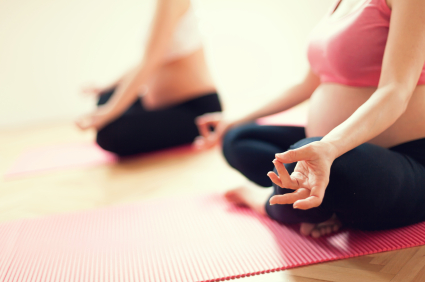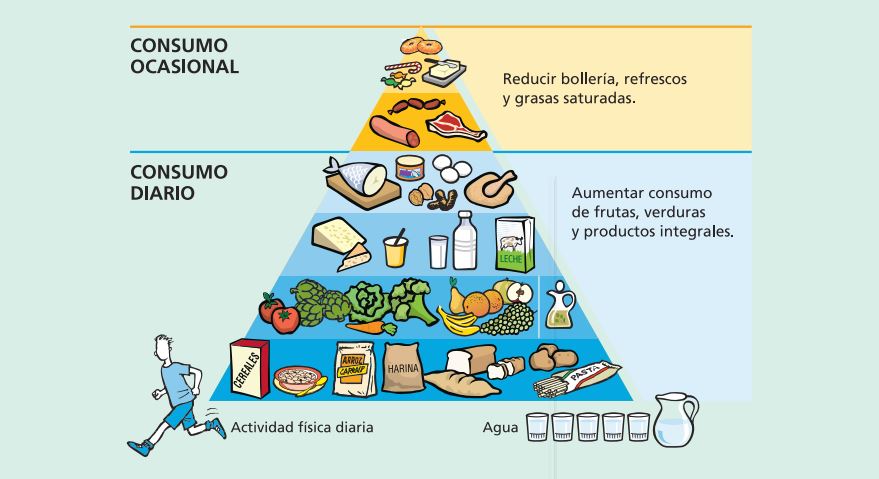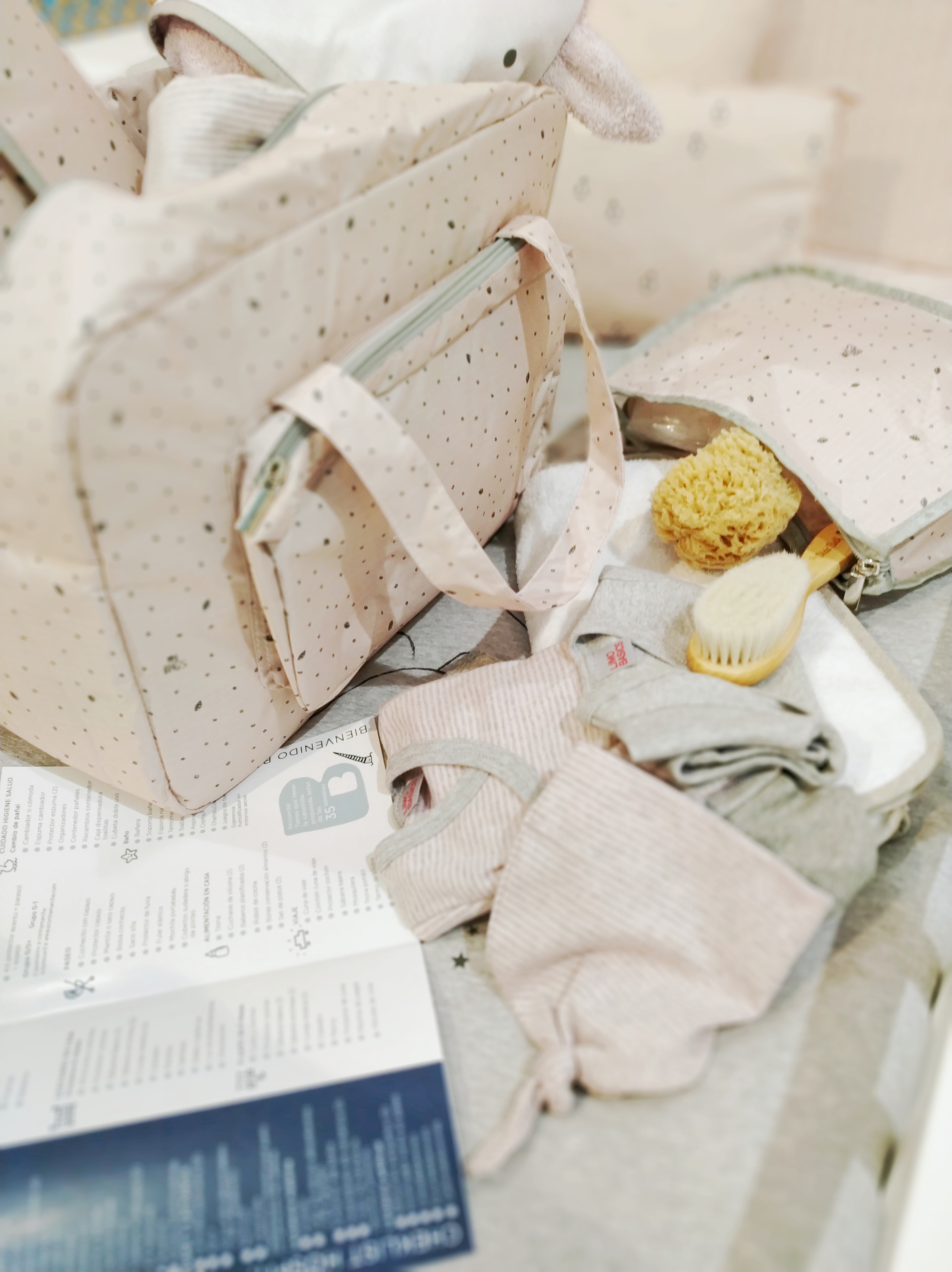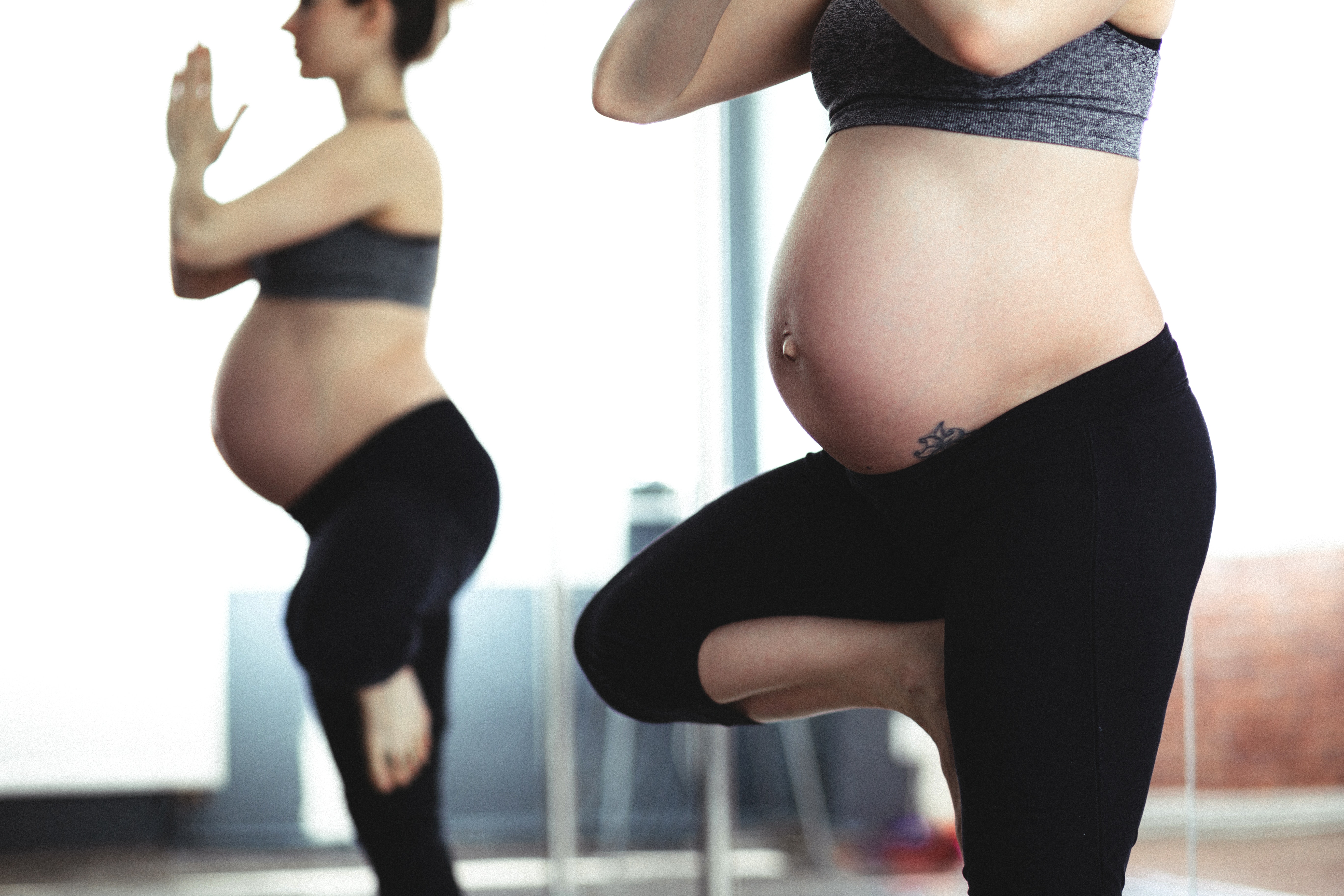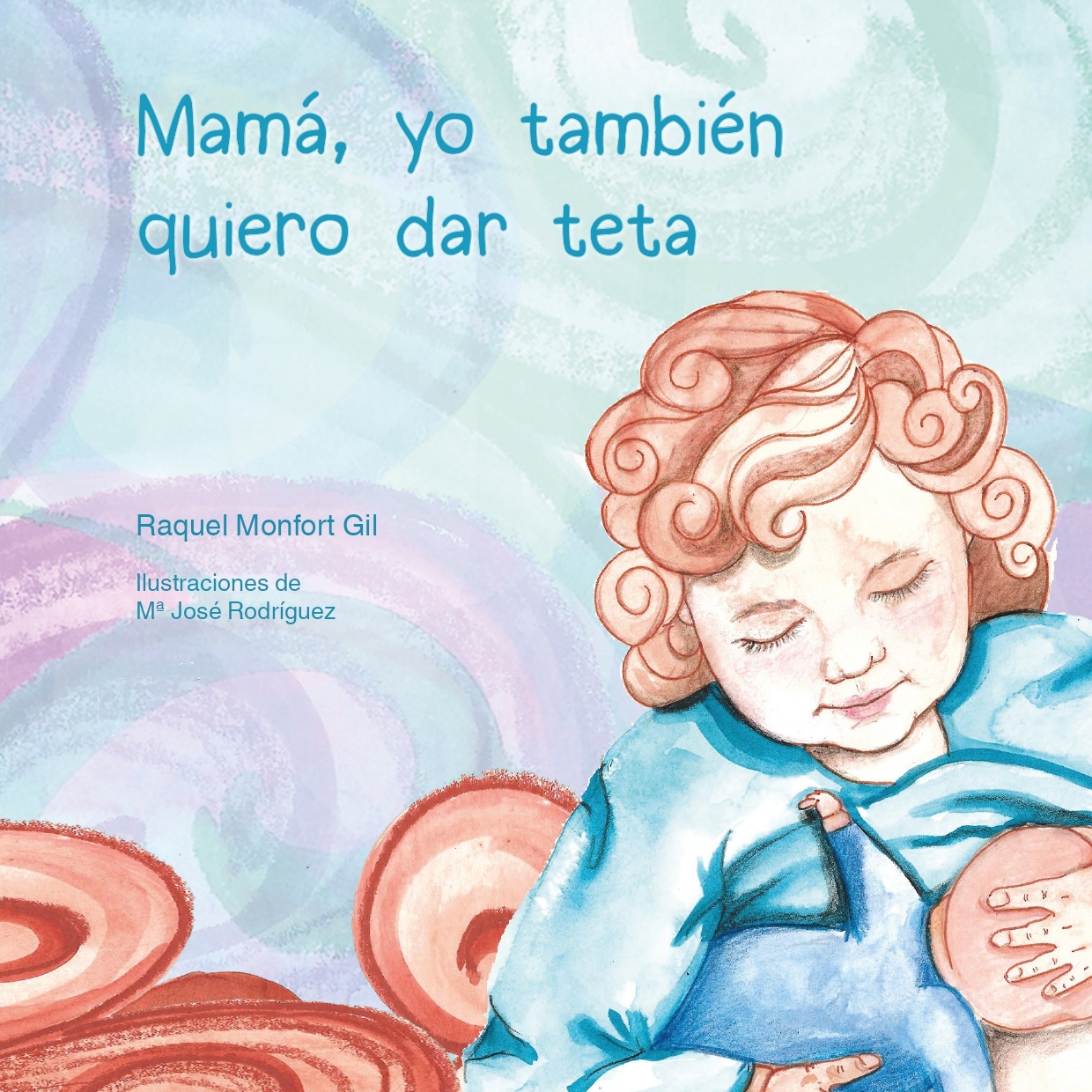As we mentioned in the previous entry, today we want to leave you with some of the basic recommendations for a healthy pregnancy.
RECOMMENDATIONS DURING PREGNANCY
It is important to take care of a number of aspects during these months, which will help the development of the baby and make you feel better.
– Feeding
It is often said that during pregnancy "You have to eat for two". This is totally untrue. It is true that nutritional needs increase, but that means that the diet must be more complete and varied, not abundant. Weight gain should not exceed 9-12 kg. This does not mean that during pregnancy you must undergo a weight loss diet. Simply maintain a balanced and complete diet that includes foods rich in:
- iron (red meat, nuts, eggs, lentils, spinach, soy)
- folic acid (asparagus, strawberries, tomatoes, avocados, bananas)
- essential fatty acids (blue fish, olive oil)
- iodine (fish)
- calcium
Food should be avoided:
- with excessive animal fats (butter, sausages)
- sugars (cakes, industrial pastries)
- eat raw or cured meat (ham)
Did you know?
- It is better to cook at The iron, oven, boiled or at steam, avoiding the sauces
- It is advisable consume fresh food and with a simple elaboration avoiding the consumption of battered, fried, precooked and canned.
- Meal times should be regular, dividing meals into five a day so as not to force the stomach
- It is recommended to increase the intake of water, fruits and vegetables to improve the motility of the intestine
- Dairy is recommended to be low in fat
- Dream
It is recommended to sleep as much as you need, at least eight hours with breaks during the day.
The most appropriate position to avoid putting pressure on the inferior vena cava (responsible for transporting blood back to the heart from the feet and legs) so that both the baby and the mother are well oxygenated, is on the left side with the flexed legs and a pillow (which may be the nursing pad) between the knees.
Perhaps using cushions to stay upright can also help in the last stage, when the pressure of the uterus affects breathing a little.
You must take into account that As the uterus grows, it is best to avoid lying on your back. It can cause dizziness and decrease the baby's oxygenation due to compression of the uterus on the main blood vessels
- Physical exercise
When gaining weight considerably, exercise should be moderate so as not to suffer back discomfort. Strolling, doing yoga, pilates, swimming or any type of stretching are the most recommended exercises
Performing moderate physical exercise during pregnancy improves mood, 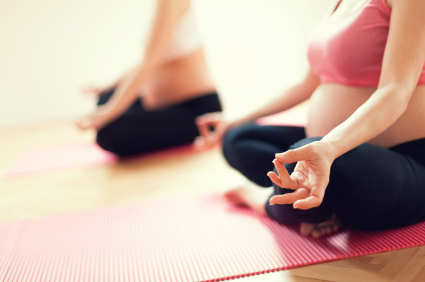 provides physical well-being, promotes circulation, sleep and prepares muscle tone for the moment of delivery.
provides physical well-being, promotes circulation, sleep and prepares muscle tone for the moment of delivery.
During pregnancy a hormone called secretes Relaxin, in charge of preparing the pubic area and the womb for delivery. This hormone relaxes the ligaments throughout the body and makes them more elastic.
Why do we name this hormone? Because when they affect the joints of the entire body, they become hypermobile and, with a sudden effort, move beyond what they should. So now that you are pregnant, you may feel less stable, stretching easily, mainly in the pelvic area. You may also feel more contracted at certain times. So that this does not happen, take care when loading weight, flexing and raising it little by little. Do not exercise or make sudden movements. Pay attention to the movements you make on a daily basis such as climbing stairs, sitting, walking, etc. Taking a correct posture can help you prevent discomfort.
From the second quarter you can go to the prepartum classes They will help you to know which exercises are the most suitable for the moment you are living, in addition to finding out other very useful things for the day of delivery and subsequent months.
- Travels
If you are living a normal pregnancy you can travel without problems, but you must take into account:
- Travel to places where health services are available
- Do not travel too far from the seventh month
- Always carry the documents (maternal card or important data to act in case of emergency)
- If traveling by car, the belt must be special to avoid pressure on the abdomen
- Air travel from the seventh month is not recommended
– What is considered an emergency:
- Fever between 38º or more
- Vomiting that can cause dehydration
- Blow, fall or accident
- Pain, blood, or discomfort when urinating
- Swelling in various parts of the body
- Intense headache
- Severe abdominal pain
- Rule-like bleeding
- Break bag with dark or greenish water
